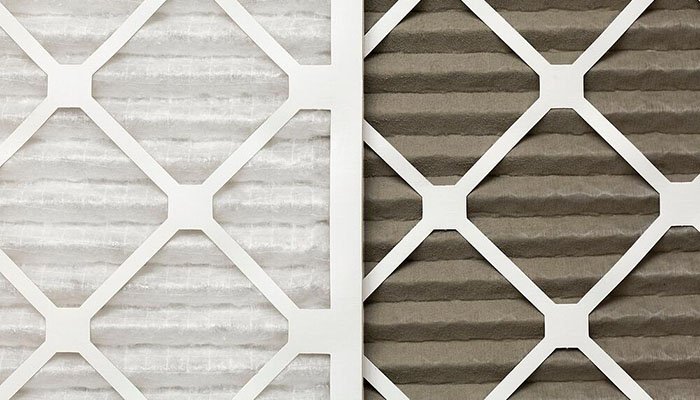An air filter replacement enhances indoor air quality and health

Maintaining good indoor air quality is crucial for our overall well-being and health. One essential aspect of achieving this is regularly replacing air filters in our HVAC (Heating, Ventilation, and Air Conditioning) systems. Air filter replacement might seem like a mundane task, but it plays a significant role in ensuring clean and fresh air within our living spaces. In this article, we will explore the importance of air filter replacement, its impact on indoor air quality, and the benefits it brings to our health.
Air filter replacement is designed to trap and remove harmful particles and pollutants present in the air, such as dust, pollen, pet dander, mold spores, bacteria, and even certain volatile organic compounds (VOCs). Over time, these filters become clogged and lose their efficiency, allowing these contaminants to circulate freely in our living spaces. Regularly change an air filter replacement ensures that they remain effective in capturing and purifying the air, minimizing the presence of allergens and irritants that can trigger respiratory problems or allergies.
A clean and unclogged air filter replacement allows for proper airflow within the HVAC system. When filters are dirty and obstructed, the system has to work harder to circulate air, leading to decreased efficiency and increased energy consumption. By replacing air filters at recommended intervals, homeowners can help their HVAC systems perform optimally, ensuring adequate air circulation and reducing energy costs in the long run.
A neglected air filter can have a detrimental effect on the lifespan of HVAC equipment. When filters become excessively dirty, the system experiences strain, which can result in premature wear and tear of its components. A damaged HVAC system not only requires costly repairs, but may also need to be replaced entirely. By consistently change air filter replacement, homeowners can protect their HVAC investment and enjoy its benefits for a longer period.
Indoor air pollution can significantly impact our respiratory health, leading to an array of issues such as allergies, asthma attacks, and respiratory infections. By replacing air filters regularly, we can significantly reduce the number of airborne contaminants that enter our respiratory system, thus mitigating the risk of developing respiratory conditions or exacerbating existing ones. Clean and fresh air contributes to better breathing and overall improved health.
Clean air is essential for creating a pleasant and comfortable living environment. When air filter replacement is dirty, airborne particles can settle on surfaces, leading to increased dust buildup in our homes. Regular filter replacement helps reduce dust and keeps our living spaces cleaner, reducing the need for constant dusting and improving overall indoor aesthetics.
Air filter replacement is a simple yet crucial aspect of maintaining high indoor air quality and promoting better health. By regularly replacing air filters in our HVAC systems, we can effectively remove harmful particles from the air, improve system efficiency, extend the lifespan of equipment, promote respiratory health, and create a clean and comfortable living environment. Investing time and effort into proper air filter maintenance ensures that we breathe cleaner, fresher air, contributing to our overall well-being and quality of life.


